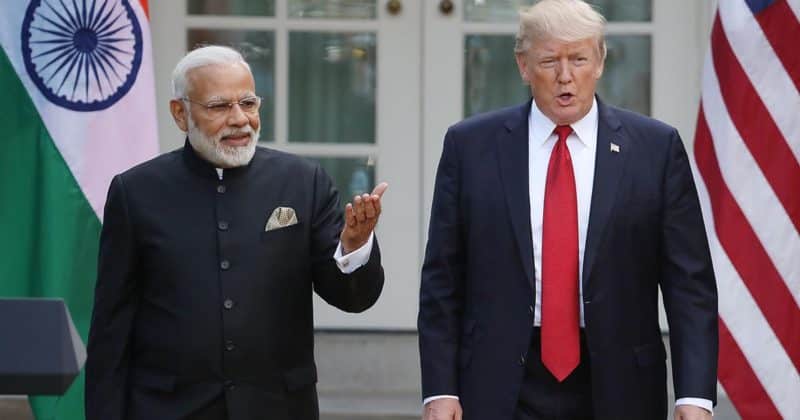The prospect of more Federal Reserve policy easing, a pivot away from US investments, and more conservative fiscal policies in emerging nations are likely to drive that outperformance, according to Fidelity International, T Rowe Price and Ninety One Favorable inflation also suggests emerging markets will prosper, they said. Analysts predict the MSCI Emerging Markets Index of shares will gain around 15% over the next 12 months, versus about 10% for its developed peer. Flows into emerging-market equities are also growing faster than their counterparts, based on some of the world’s largest exchange-traded funds. “EM equities are likely to outperform as they enjoy tailwinds of easing local monetary policy across most markets boosting domestic lending and consumption but a weaker dollar,” said George Efstathopoulos, a fund manager at Fidelity.
“It’s also important to remember that the Fed as the most significant central bank will most likely be resuming easing in coming quarters.”
Fund flows look to be favoring emerging markets since Trump’s “Liberation Day” announcement on April 2. Since then, investors have poured about $5.8 billion into the iShares Core MSCI Emerging Markets ETF, the world’s largest EM ETF, representing about 5.8% of its total fund assets. That compares with $5.6 billion put into the Vanguard FTSE Developed Market ETF, another mega-fund, but that’s only around 3.3% of its total holdings.
Emerging assets were given a further boost Friday when Fed Chair Jerome Powell signaled the US central bank is likely on track for an interest-rate cut in September. Following his comments at Jackson Hole, investors boosted bets the Fed would cut rates at its Sept. 16-17 meeting.
The MSCI Emerging Markets Index and its developed peer have both risen about 14% since April 2, with the rallies driven by optimism Trump’s tariff threats were mainly bargaining positions. Bond performance has also been roughly equivalent, with a Bloomberg gauge of emerging-market debt returning 4% and a similar index of developed-market debt gaining 3%. One of the biggest reasons emerging assets are likely to outpace their peers is due to their more orthodox – and market-friendly – fiscal policies, said Archie Hart, a fund manager for emerging-market stocks at Ninety One in London.”If we look at policymakers in emerging markets, they’re conservative, they’re disciplined by the market, they’re pragmatic, so we don’t see these huge unsustainable fiscal deficits that you see in developed markets,” he said. Valuations are more attractive in developing markets, according to T Rowe Price.EM equities in our multi-asset portfolios” as valuations remain more reasonable than those in developed markets, coupled with higher earnings growth prospects, said Thomas Poullaouec, a portfolio manager at the company in Singapore.





















